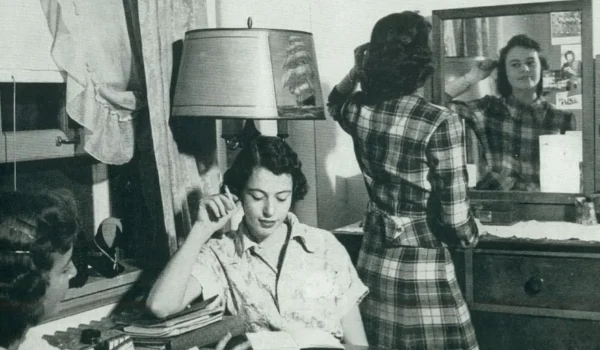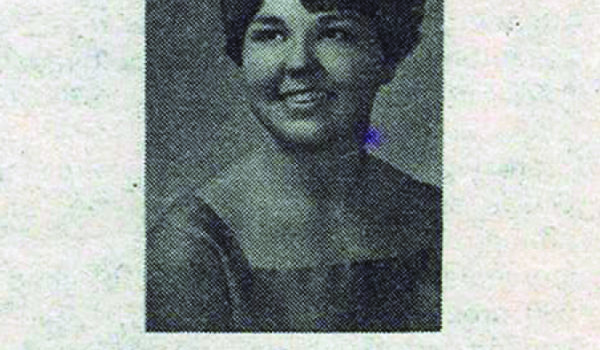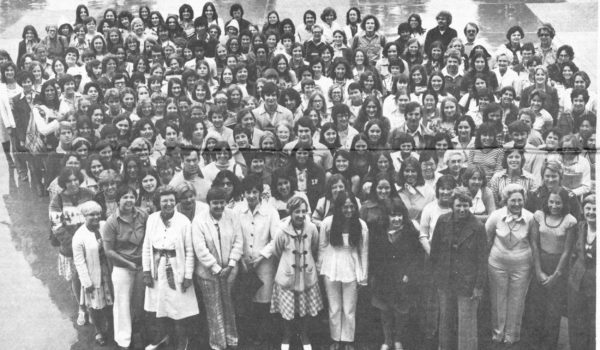What is Suicide Postvention?
An Interview with Sarra Nazem.
By: Sarah Grace Smith
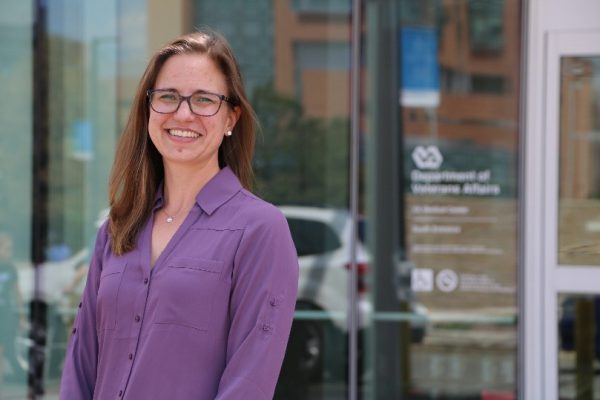
Sarra Nazem
Sarra Nazem (University of Michigan, 2004) is a clinical psychologist at the United States Department of Veterans Affairs (VA), an Associate Professor at the University of Colorado School of Medicine and the Director for Uniting for Suicide Postvention (USPV). Sarra has led a life of service, reflective of Mortar Board’s Purpose, by dedicating her career to suicide prevention.
Mortar Board’s Ideals have always been core to Sarra’s professional work as a researcher, clinician, and educator. Scholarship, leadership, and service were already a part of her internal compass, even before she knew what Mortar Board was. Now she works to incorporate Mortar Board’s entire Purpose into her professional life by serving Veterans and the public, giving back to others, and fostering a mindset of equal opportunity and diverse thinking.
Sarra’s most recent professional work in the field of suicide postvention is an example of how Mortar Board members continue to pursue the Society’s values years after initiation. Sarra has been the leader behind the creation of USPV, a new website that the Mental Illness Research, Education and Clinical Center (MIRECC) launched last fall in collaboration with the VA Office of Mental Health and Suicide Prevention. Its goal is to improve awareness of and support for suicide loss survivors. Furthermore, the website aims to improve education on suicide postvention, the actions and processes that follow a suicide loss designed to support those impacted by it. Suicide postvention is an essential way to help suicide loss survivors in their healing journey, and USPV wishes to encourage it. By promoting suicide postvention, USPV allows an opportunity to talk about suicide loss while also raising awareness and bringing attention to the topic.
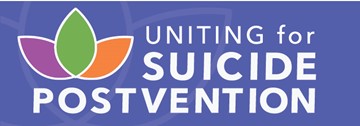
Uniting for Suicide Postvention
In order to support suicide loss survivors and educate the public, Sarra helps create multimedia resources to be included on USPV’s website. Along with a whole set of cinematic films that depict important parts of suicide loss, USPV offers infographicsto present research in an approachable and educational manner. USPV also has ten podcast episodes that cover different elements of postvention as well as interviews with loss survivors, training films, reading recommendations and other helpful websites. Promotional products, such as brochures, notepads, magnets and pens, are free and can be requested by anyone. Resources are not only geared towards significant others, family members and friends, but also people thought of less often when it comes to suicide loss, such as coworkers and health care providers.
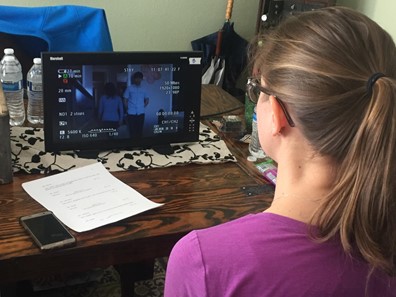
Sarra on set during a USPV cinematic filming
For each individual who dies by suicide, 135 people are affected. According to Sarra, suicide loss can impact each of these individuals in different ways. Things like one’s own past experiences and their type of relationship to the individual can come into play. Thus, there are different levels of impact based on multiple factors. This is important to understand to assist in the healing process more effectively. A close relationship with the individual or other risk factors can increase the risk for depression, anxiety, PTSD, or suicidal thoughts.
What can we do to reduce suicide and change dialogues around suicide in society? Sarra recommends a willingness to have conversations, even when it feels uncomfortable. Talking openly about factors that can lead to suicide, such as mental health issues and stressors can help spread awareness. When we are worried about a person because of risky behavior, we must be brave enough to have a conversation about what is going on. It is also important to check in with one another; people need to know that they matter. Before an individual becomes suicidal, they need to know and hear that help is available. After a suicide loss, we must support people and help them connect with resources available. Sarra suggests treating a friend or coworker who has been impacted by suicide loss as you would if they had faced a loss via a different cause of death. Bring them food, send them messages, take walks together and check in on them—things one would normally do for someone who is grieving. Sadly, people often avoid such acts because they are afraid of coming across wrong. This leads to stigma around suicide and feelings of isolation for the survivor. To start these conversations, USPV has resources and infographics on how to support survivors. As Sarra says, “Show up and be there…it will mean so much to the loss survivor”
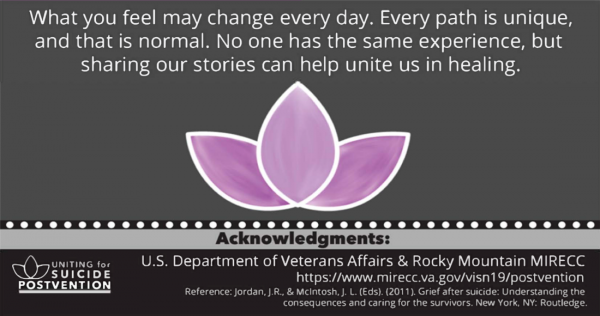
Part of an infographic from USPV
Although Sarra’s research is separate from USPV, most of it is focused on suicide prevention and how technology can be used to mitigate risk. Part of her research looks at how different innovative methods can be utilized to study both upstream and downstream suicide prevention. Upstream suicide prevention focuses on mitigating suicide risk before a person even thinks about it, while downstream prevention works with individuals already experiencing suicidal thoughts. Sarra also researches how we can understand mechanisms related to people’s acquired capability, or the ability to overcome the fear of afflicting self-injury, as well as the relationship between insomnia and suicide risk. After three years of researching how technology can be used to meet treatment needs in the aforementioned areas, Sarra is now wrapping up clinical trials and will be spending the next six months analyzing data and writing publications.
Regardless of whether it is suicide prevention research or postvention education, Sarra makes sure to be inclusive and diverse in the way she is thinking to help as many people as possible. Embodying Mortar Board’s Purpose to “promote equal opportunities among all peoples” in her everyday life, Mortar Board has taught her how to use her personal values in her career. Because of this, Mortar Board has forever defined Sarra’s worldview: “Scholarship without service is incomplete.”
